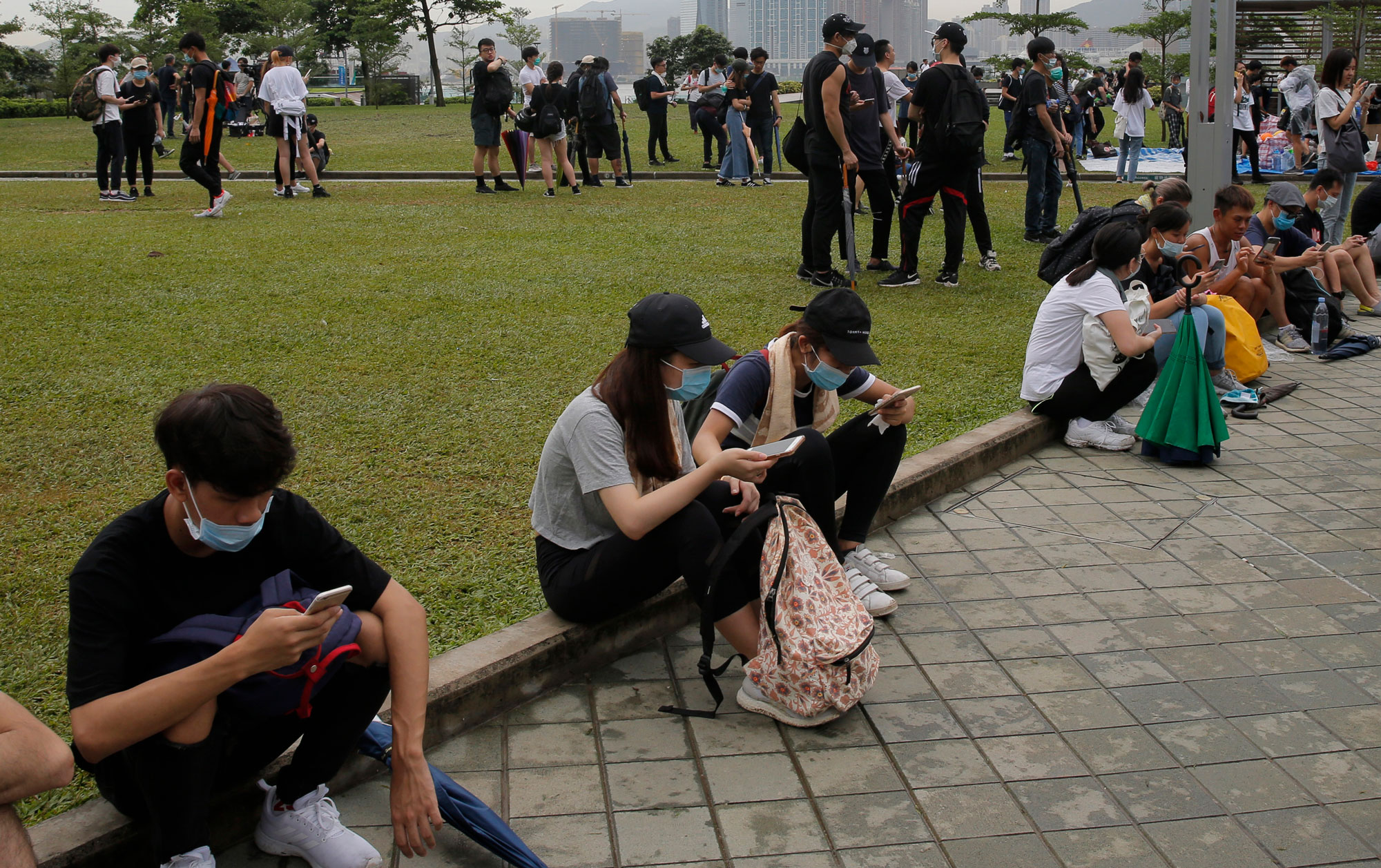Telegram’s boss hints that China was behind a cyberattack during Hong Kong protests

Activists have been using encrypted messaging apps like Telegram to organize demonstrations.
The news: Telegram was hit by a distributed denial of service (DDoS) attack yesterday, which appears to have affected some of its 200 million users worldwide. Its founder, Pavel Durov, tweeted that the IP addresses behind the “state actor-sized” attack were mostly located in China.
Background: There have been huge protests in Hong Kong this week that spilled over into violence yesterday, with at least 72 people injured. Activists are angry about a proposed law in Hong Kong that would let criminal suspects be extradited to mainland China for the first time. They fear China is increasingly tightening its grip on Hong Kong, which is a semi-autonomous territory.
How is Telegram being used in Hong Kong? Protesters are using it to disseminate plans and coordinate the distribution of supplies like masks, headgear, and water. Hong Kong police arrested one of the Telegram groups’ administrators yesterday.
Telegram’s role: Encrypted messaging is a vital tool for protesters around the world, as it allows them to communicate away from the authorities’ prying eyes. Unsurprisingly, then, it’s seen as a threat by authoritarian governments. Both Russia and Iran have repeatedly tried to block Telegram, and it’s blocked in China.
This story first appeared in our daily newsletter The Download. Sign up here to get your dose of the latest must-read news from the world of emerging tech.
Deep Dive
Computing
How ASML took over the chipmaking chessboard
MIT Technology Review sat down with outgoing CTO Martin van den Brink to talk about the company’s rise to dominance and the life and death of Moore’s Law.
How Wi-Fi sensing became usable tech
After a decade of obscurity, the technology is being used to track people’s movements.
Why it’s so hard for China’s chip industry to become self-sufficient
Chip companies from the US and China are developing new materials to reduce reliance on a Japanese monopoly. It won’t be easy.
Stay connected
Get the latest updates from
MIT Technology Review
Discover special offers, top stories, upcoming events, and more.